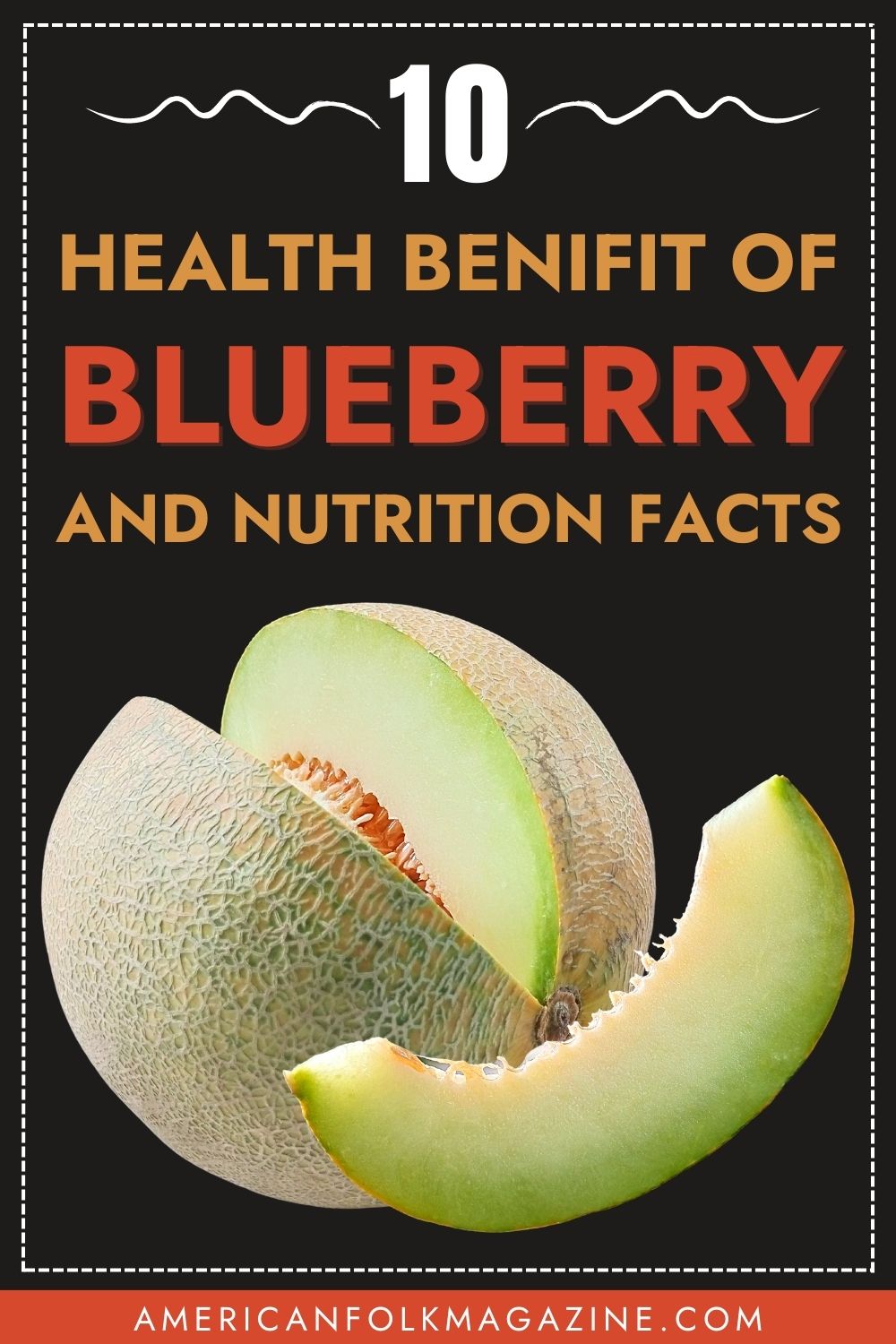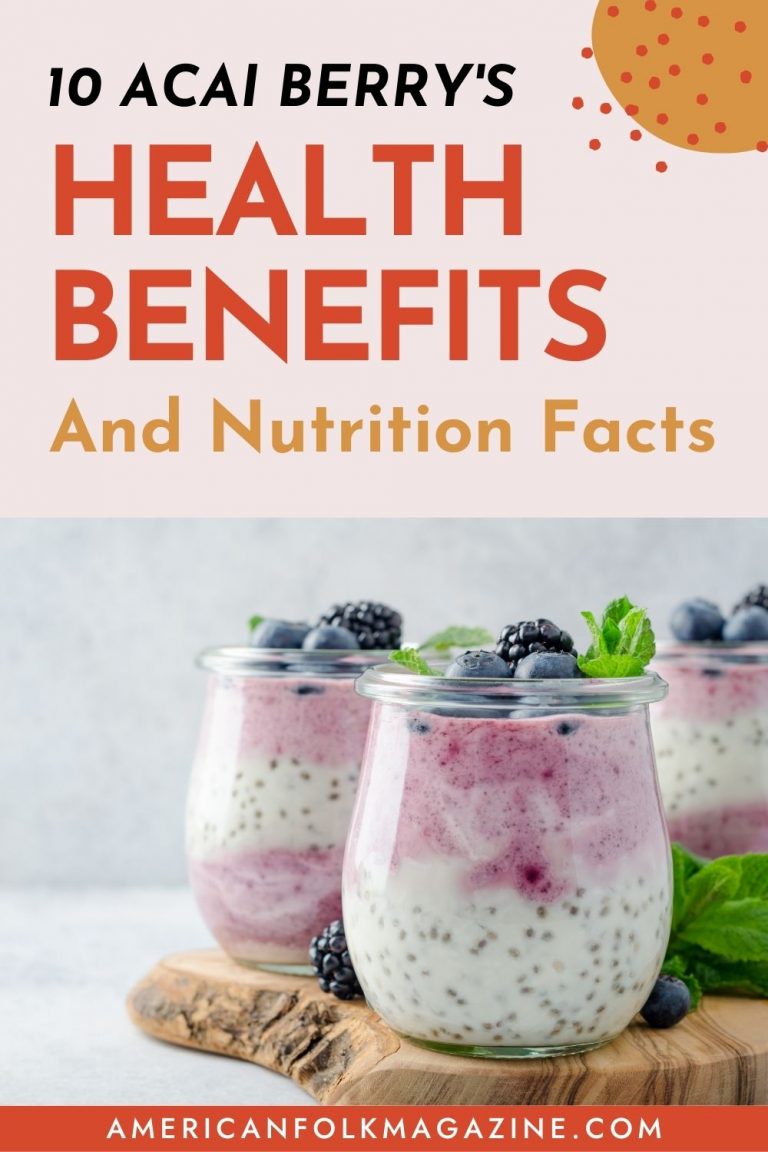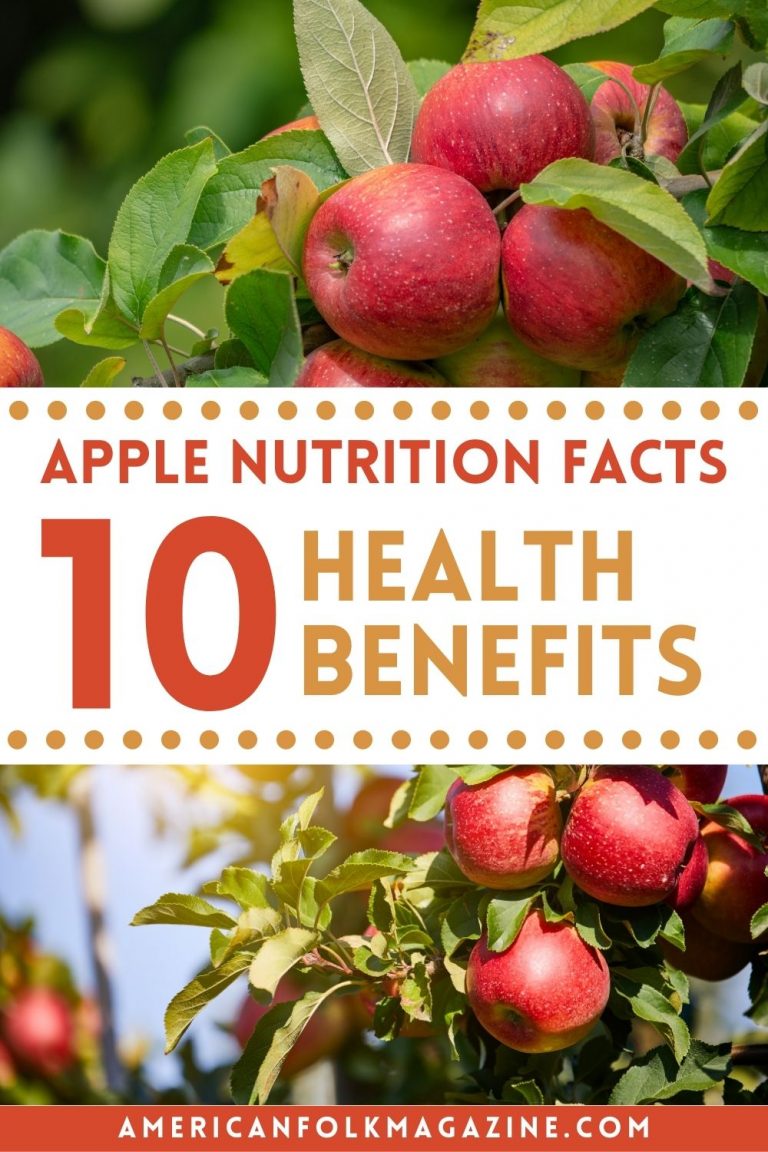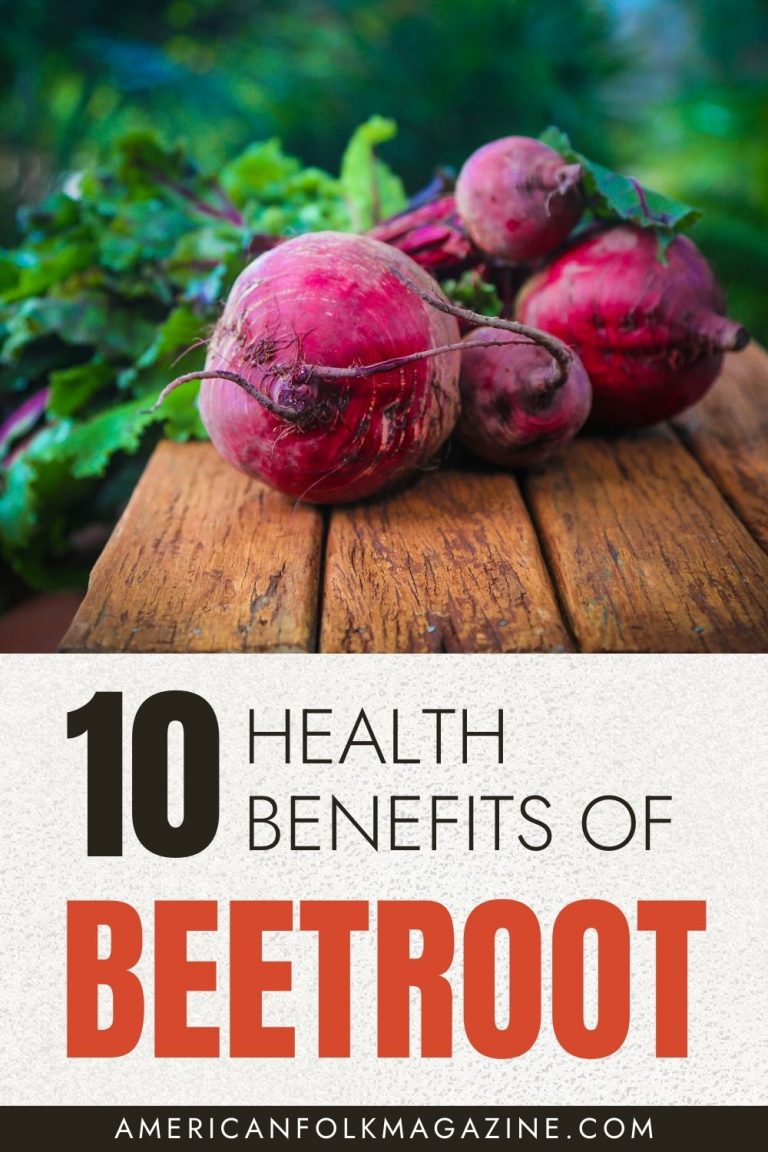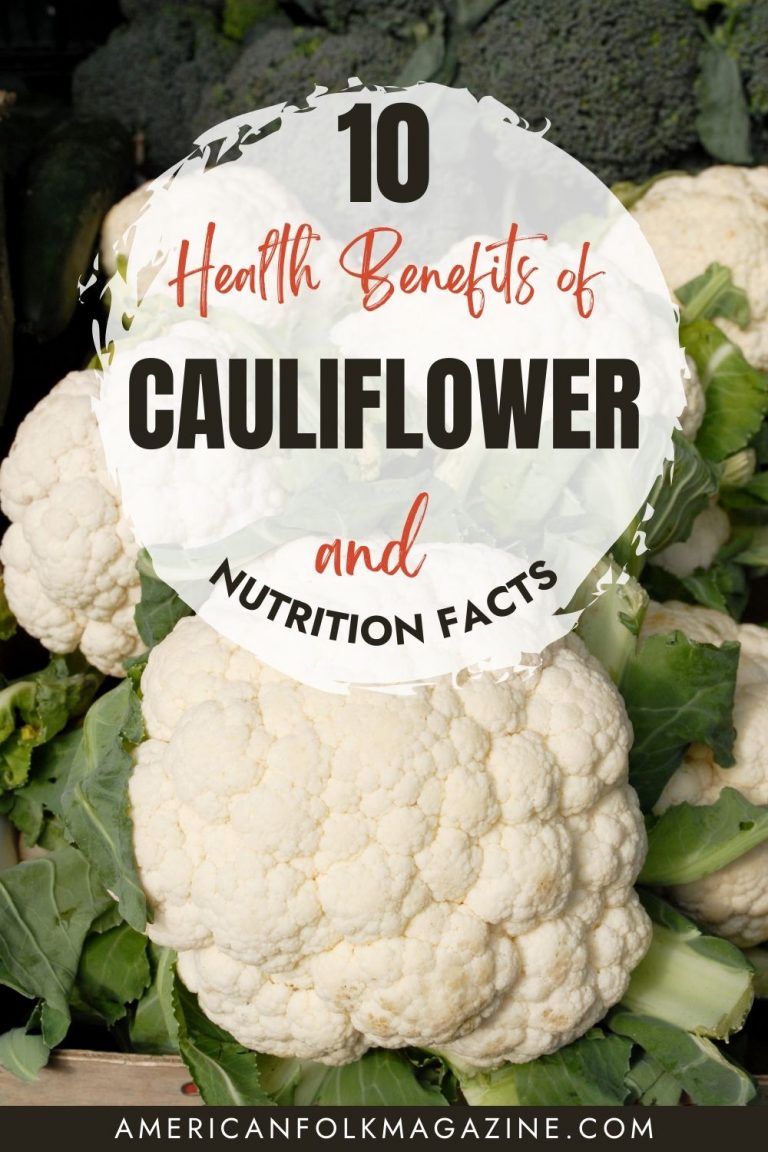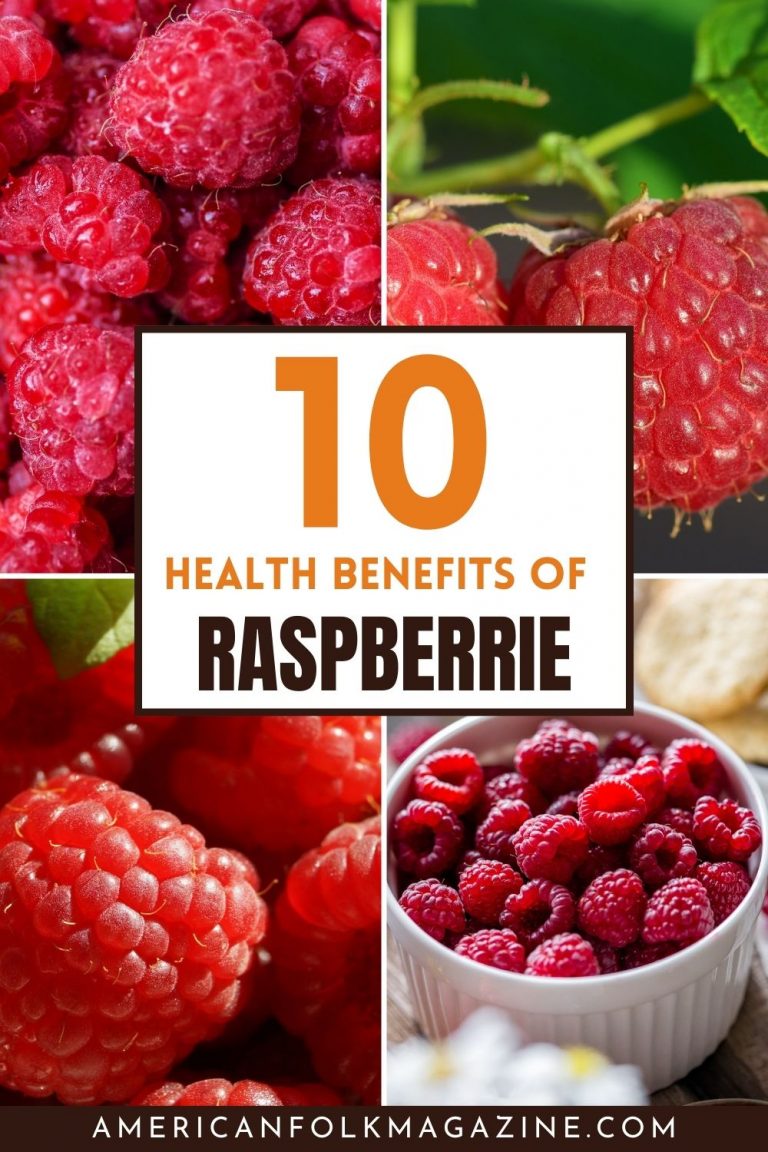Honeydew melon is a juicy and refreshing fruit that is packed with numerous essential nutrients, vitamins, and minerals. It is a member of the melon family and is known for its green and smooth skin, light green flesh, and sweet flavor. Honeydew melon is not only delicious but also offers several health benefits that make it a great addition to one’s diet.
In this article, we will explore the nutrition facts and health benefits of honeydew melon. We will delve into the various nutrients and plant compounds that make honeydew melon such a valuable addition to one’s diet.
Nutritional Profile of Honeydew Melon
| Nutrient | Amount per 1 cup (177g) |
|---|---|
| Calories | 64 |
| Protein | 1g |
| Fat | 0.3g |
| Carbohydrates | 16g |
| Fiber | 1.4g |
| Sugars | 14g |
| Sodium | 32mg |
| Potassium | 388mg |
| Vitamin C | 53% of the Daily Value (DV) |
| Vitamin B6 | 6% of the DV |
| Folate | 4% of the DV |
| Vitamin K | 3% of the DV |
Honeydew melon is low in calories and fat, making it a great option for people who are looking to lose weight or maintain a healthy weight. One cup of balled honeydew melon (177g) provides only 64 calories and 0.3g of fat. It is also a good source of fiber, providing 1.4g per cup.
Honeydew melon is a rich source of vitamin C, with one cup providing 53% of the Daily Value (DV).
Honeydew melon also contains vitamin B6, which is important for brain development and function, and folate, which is essential for the development of red blood cells.
In addition, honeydew melon is a good source of potassium, with one cup providing 388mg or 8% of the DV. Potassium is an essential mineral that helps regulate blood pressure, balance fluids in the body, and support muscle and nerve function. Honeydew melon also contains vitamin K, which is important for blood clotting and bone health.
Overall, honeydew melon is a nutrient-dense fruit that provides a wide range of vitamins and minerals.
Top 10 Health Benefits of Honeydew Melon
Honeydew melon is a delicious and refreshing fruit that is packed with essential nutrients and health benefits. Here are the top 10 health benefits of honeydew melon:
1. Boosts Hydration
Honeydew melon is an excellent source of water, which makes it a great fruit to eat during hot summer days. Eating honeydew melon can help you stay hydrated and prevent dehydration.
2. Promotes Digestive Health
Honeydew melon is rich in fiber, which makes it an excellent fruit for promoting digestive health. Fiber helps to keep the digestive system functioning properly, preventing constipation and other digestive problems.
3. Strengthens Immune System
Honeydew melon is a great source of vitamin C, which is essential for a healthy immune system. Eating honeydew melon can help to strengthen the immune system and protect against illness and disease.
4. Supports Heart Health
Honeydew melon is low in calories and fat, making it a great fruit for maintaining a healthy heart. It is also rich in potassium, which helps to regulate blood pressure and prevent heart disease.
5. Improves Skin Health
Honeydew melon is rich in antioxidants, which can help to protect the skin from damage caused by free radicals. Eating honeydew melon can help to improve skin health and prevent premature aging.
6. Aids Weight Loss
Honeydew melon is low in calories and high in fiber, making it an excellent fruit for weight loss. Eating honeydew melon can help to keep you feeling full and satisfied, preventing overeating and weight gain.
7. Enhances Eye Health
Honeydew melon is rich in vitamin A, which is essential for healthy eyes. Eating honeydew melon can help to enhance eye health and prevent vision problems.
8. Regulates Blood Pressure
Honeydew melon is a great source of potassium, which helps to regulate blood pressure. Eating honeydew melon can help to prevent hypertension and other blood pressure-related problems.
9. Promotes Bone Health
Honeydew melon is rich in calcium, which is essential for strong bones. Eating honeydew melon can help to promote bone health and prevent osteoporosis.
10. Reduces Risk of Chronic Diseases
Honeydew melon is rich in antioxidants, which can help to protect against chronic diseases such as cancer and heart disease. Eating honeydew melon can help to reduce the risk of these and other chronic diseases.
Incorporating Honeydew Melon in Your Diet
There are many ways to incorporate honeydew melon into your diet. It can be enjoyed on its own as a snack or added to a fruit salad. Here are a few ideas for incorporating honeydew melon into your meals:
- Smoothies: Honeydew melon can be added to smoothies for a refreshing and nutritious drink. Combine honeydew with other fruits like strawberries, bananas, and kiwi for a delicious smoothie.
- Salads: Honeydew melon can be added to salads to provide a sweet and juicy flavor. It pairs well with greens like spinach and arugula, as well as other fruits like strawberries and blueberries.
- Grilled: Honeydew melon can be grilled for a unique and delicious flavor. Simply slice the melon into wedges and grill for a few minutes on each side. It can be served as a side dish or added to salads.
- Sorbet: Honeydew melon can be used to make a refreshing sorbet. Simply blend the melon with some water and sugar, then freeze until it reaches a sorbet-like consistency.
Incorporating honeydew melon into your diet is a great way to add flavor and nutrition to your meals. With its low calorie count and high nutrient content, it is a great addition to any healthy diet.
References:
- https://www.netmeds.com/health-library/post/honeydew-melon-nutrition-health-benefits-uses-and-side-effects
- https://www.verywellfit.com/honeydew-nutrition-facts-calories-and-health-benefits-4118573
- https://www.healthline.com/nutrition/honeydew
- https://www.webmd.com/diet/health-benefits-honeydew
Pin It In Your Board



